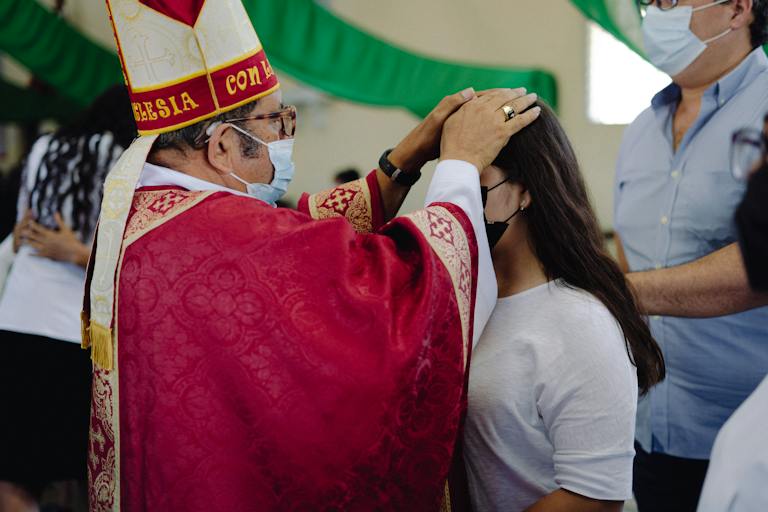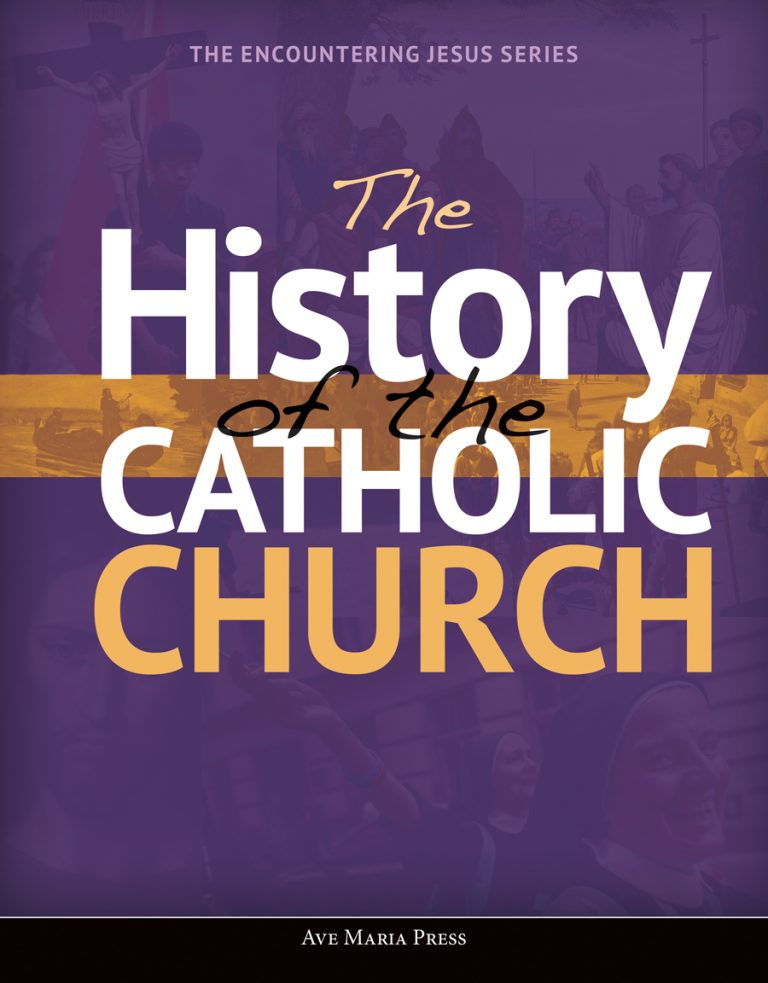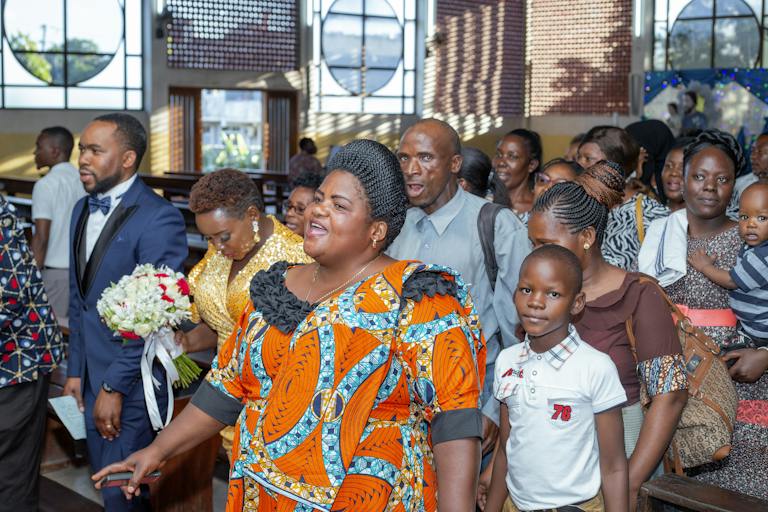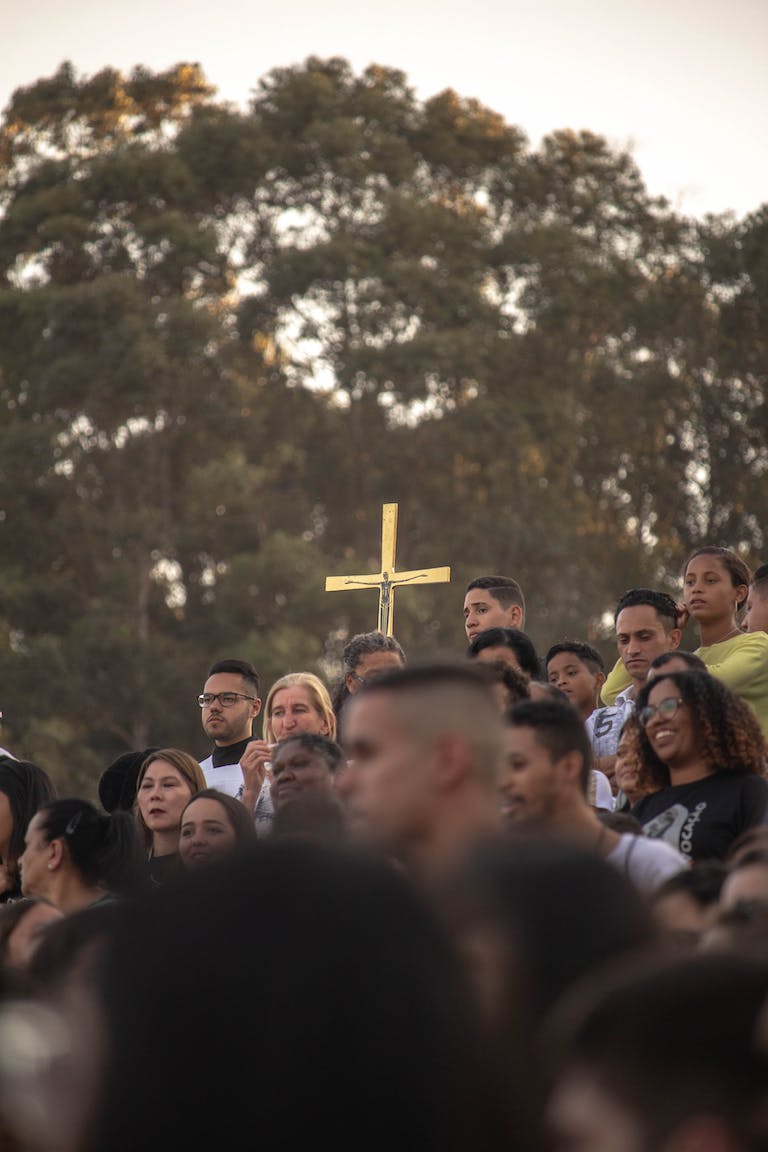Baptists vs Catholics: Understanding Our Differences
As a pastor, I’m often asked about the differences between Baptist and Catholic beliefs and practices. There are quite a few areas where Baptists and Catholics diverge theologically.
In this post, I’d like to give an overview of some of the major differences pertaining to baptism, church governance, Scripture and tradition, salvation, and communion.
My goal is not to criticize my Catholic or baptist brothers and sisters in Christ, but to educate and foster mutual understanding.
| Belief/Practice | Baptist View | Catholic View |
|---|---|---|
| Baptism | Believer’s baptism by immersion upon profession of faith | Infant baptism, removes original sin |
| Church Governance | Congregational – local church autonomy | Hierarchical under authority of bishops and the Pope |
| Authority | Bible alone | Bible + Sacred Tradition |
| Salvation | By grace alone through faith alone | By grace through faith and works |
| Communion | Symbolic memorial | Transubstantiation – Real presence of Christ |
How Baptists and Catholics View Baptism?
One key difference between Baptists and Catholics relates to baptism. Baptist churches practice believer’s baptism by immersion. This means we baptize new believers upon their profession of faith in Jesus Christ. We do not baptize infants, as we believe baptism is reserved for those who are old enough to understand and believe the gospel.
Catholics practice infant baptism. They baptize babies in the belief that baptism washes away original sin and initiates the child into the church. Catholics do affirm believer’s baptism for adult converts who have never been baptized. But they maintain infant baptism as the norm.
For Baptists, baptism does not save a person or cleanse original sin. It’s an outward symbol of the inward reality of regeneration and the new life we have in Christ. Baptists point to verses such as Acts 2:41 and Acts 8:12, which indicate baptized believers had already received the word of God and believed.

Church Governance and Authority
Baptists and Catholics also take quite different approaches to church authority and governance. Baptists uphold congregational church governance. This indicates that the local Baptist church itself, under the direction of its pastor(s), has the last word in matters of earthly authority. There is no hierarchical structure beyond the local church level. Baptists confer authority upon leaders like pastors and deacons by a vote of the church membership.
By contrast, the Catholic Church has a robust hierarchical structure culminated under the Pope. Catholics believe the bishops, and especially the Pope, retain apostolic authority. The Pope can speak infallibly on doctrine. So Catholics grant more authority to their organizational leadership than Baptists do.
Baptists only affirm the authority of Scripture, while Catholics grant authority both to Scripture and sacred tradition.
Salvation by Grace Alone through Faith
Protestants, including Baptists, uphold salvation by grace alone through faith alone, a doctrine known as sola fide. This indicates that we think a person is only justified and pardoned by God’s grace, which we receive through faith in Christ. Our good works cannot earn salvation.
While Catholics affirm salvation fundamentally is a free, unmerited gift of God’s grace, they teach justification is a lifelong process requiring both faith and good works done in Christ. So Catholics do emphasize meritorious works as being necessary for salvation in ways Baptists do not.
Transubstantiation vs Memorial View of Communion
Catholics hold to the doctrine of transubstantiation – they believe when they take communion, the bread and wine transform into the actual body and blood of Jesus Christ. So Catholics view communion as imparting grace and Christ’s real presence.
Baptists espouse a memorial view of communion. We understand the elements to symbolize Christ’s body and blood given for us. So Baptists see taking communion as an act of remembering and proclaiming the death of Christ until He returns (1 Cor 11:26). Communion brings great blessing for Baptists, but Christ is spiritually rather than physically present in the elements.
Conclusion
There are certainly other theological differences between Baptists and Catholics we could explore. But this overview highlights some of the major areas where we diverge. My goal here is not to put down my Catholic brothers and sisters, but to directly address where Baptists stand on these pivotal theological issues.
If you have additional questions, I would be more than happy to discuss them. Despite our differences, I believe we share core truths about Christ which unite us at the foot of His cross.







